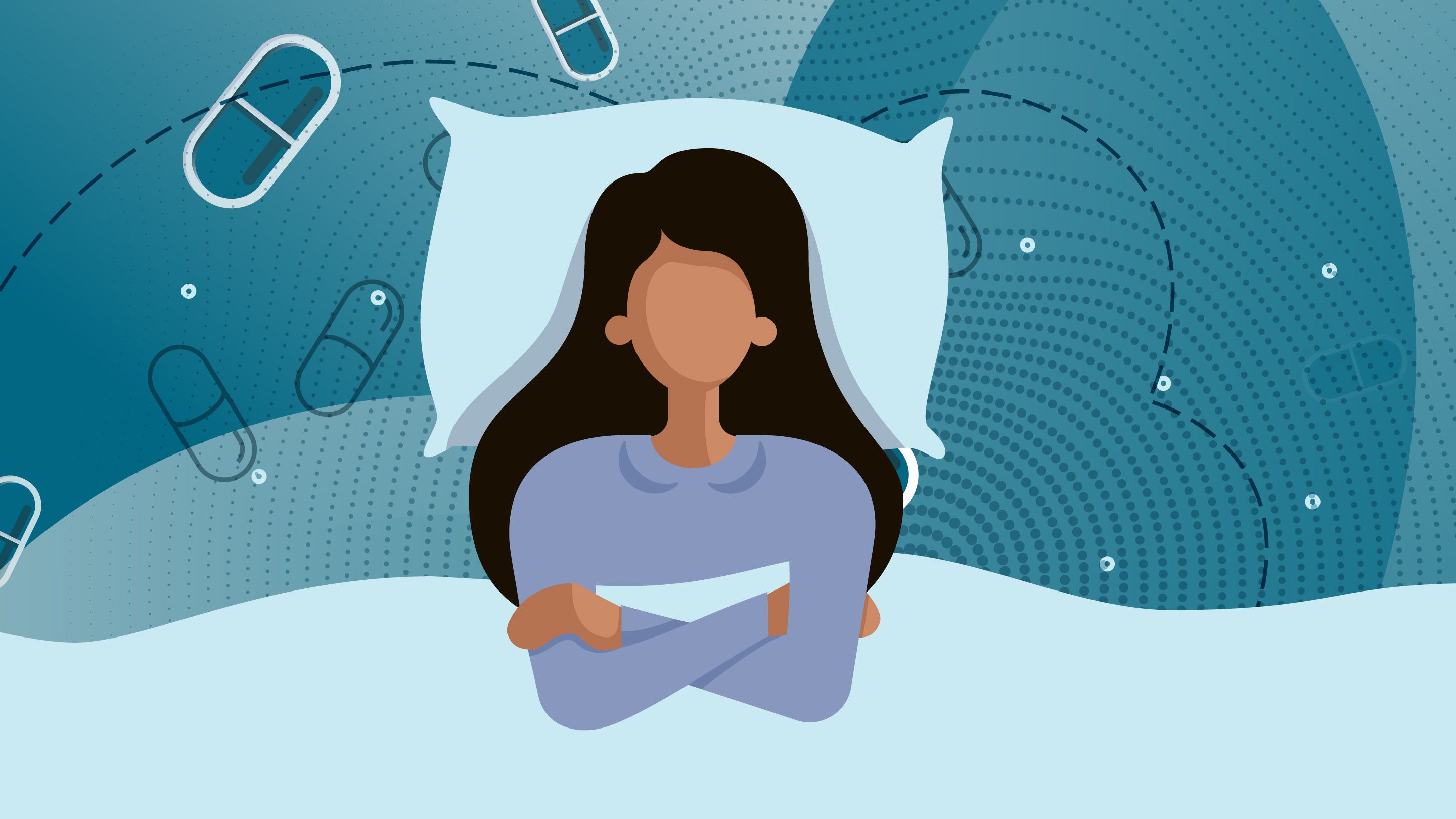Reasons of INSOMNIA
Insomnia is when you can't fall asleep, even though you want to, or you can't stay asleep long enough.
STRESS
Events like a job loss or the death of a loved one often cause sleepless nights. Your doctor might call it acute insomnia as long as it goes away on its own within a few nights. Long-term worry, as well as anxiety disorder, panic attacks, and PTSD, can lead to chronic insomnia, which is more serious.
Mental Illness
A troubled mental state plays a role more than half of the time. People with depression are far more likely to have sleep problems, including insomnia. So are those with anxiety, bipolar, and obsessive-compulsive disorders. The way your sleep is affected can offer clues to the type of illness. It's not uncommon to be diagnosed with a mental disorder after you seek help for insomnia.
Breathing Problems
Heavy snoring could be sleep apnea, which cuts off your breathing and could wake you hundreds of times in a single night. You may not remember it, but you might feel groggy the next day. Sometimes it's related to your weight, but not always. Nasal allergies and asthma also could interfere with your breathing. A doctor can test you for these conditions, and help you manage and treat them.
Irregular Sleep Times
A confused body clock can keep you up when it's time for bed. Perhaps that's the result of an inconsistent bedtime, a long flight from another time zone, working overnight, or changing shifts for your job. Some people simply have a different circadian rhythm that puts them out of sync with typical activities, so it's hard for them to sleep at "normal" times.
Dementia
Along with the loss of memory, Alzheimer's and other forms of dementia can unsettle some people when you'd normally expect them to sleep, and they get restless. It's known as "sundown syndrome" or "sundowning." The person may be confused, anxious, restless, or aggressive around bedtime, and start to pace, rock, or even wander off. Sometimes this behavior fades, but sometimes it keeps them awake all night.
Parkinson's Disease
People with this disease tend to sleep less and wake up more often than others of a similar age. It interferes with brain and nerve signaling, and you're more likely to have sleep apnea and to get up to pee. The condition also seems to disrupt the important REM sleep stage. Related anxiety and depression can lead to sleep problems, too. But medications that help you sleep may cause added confusion for some with Parkinson's.
Menopause
Usually, in middle age, a woman's body slowly stops making progesterone and estrogen. The shifting balance of hormones, as well as other changes that typically happen in life at this time, can make you more sensitive to things like stress that affect sleep. Severe hot flashes -- surges of adrenaline that raise your body temperature -- could be so uncomfortable that you wake up drenched in sweat, sometimes several times a night.

Comment's
pLgSeYAZCBknQHWN 2024-03-14 00:07:28
pLgSeYAZCBknQHWN 2024-03-14 00:07:26
VDqBWhmSuEknXKyP 2024-03-09 00:05:47